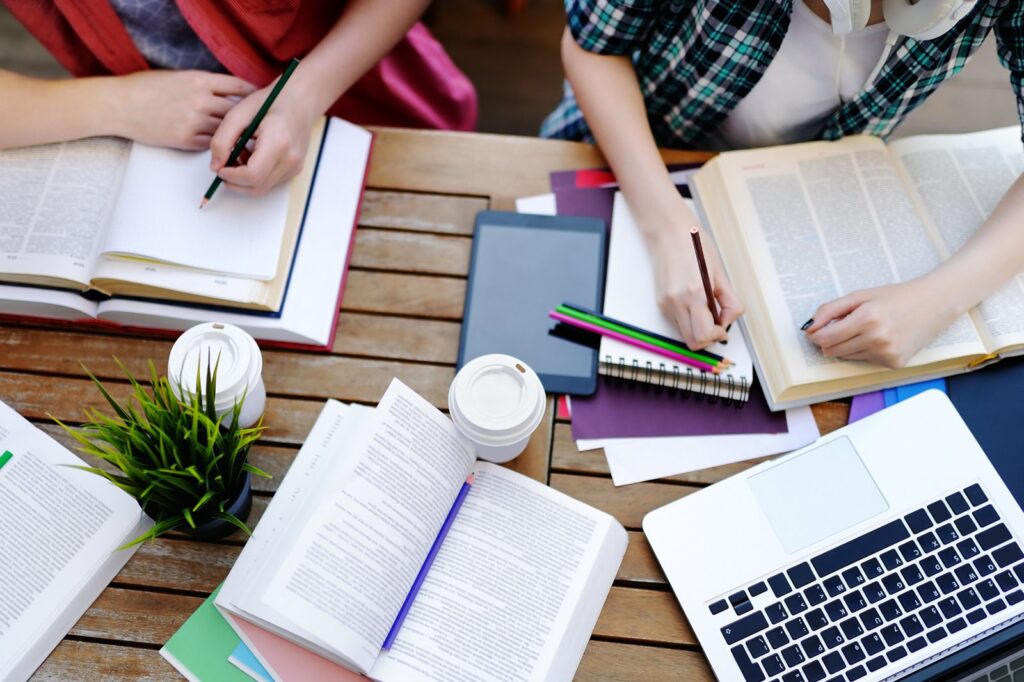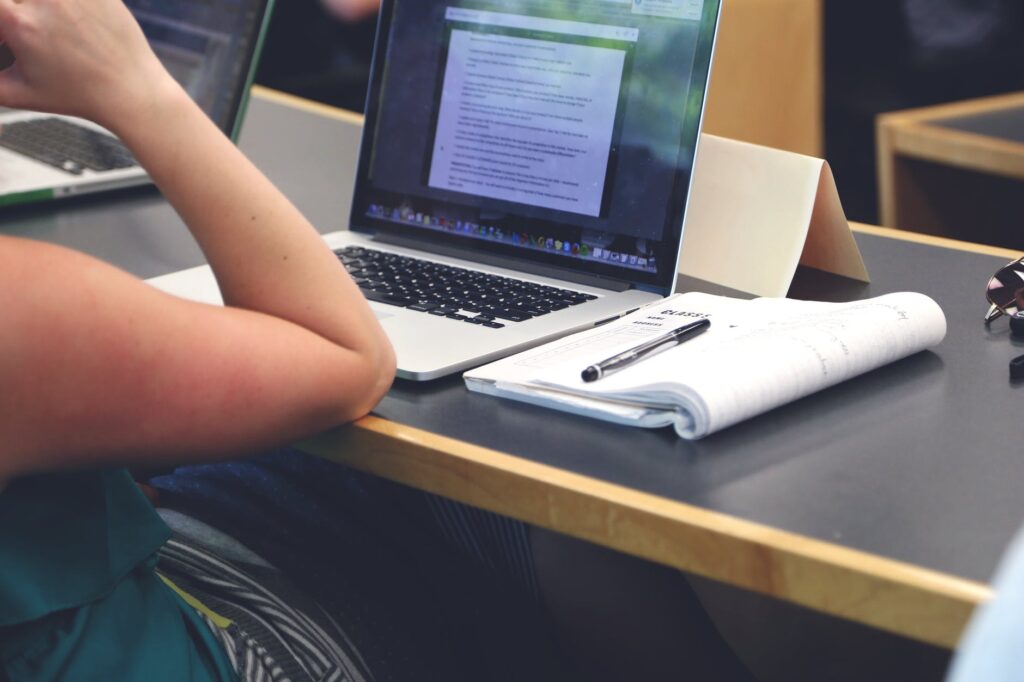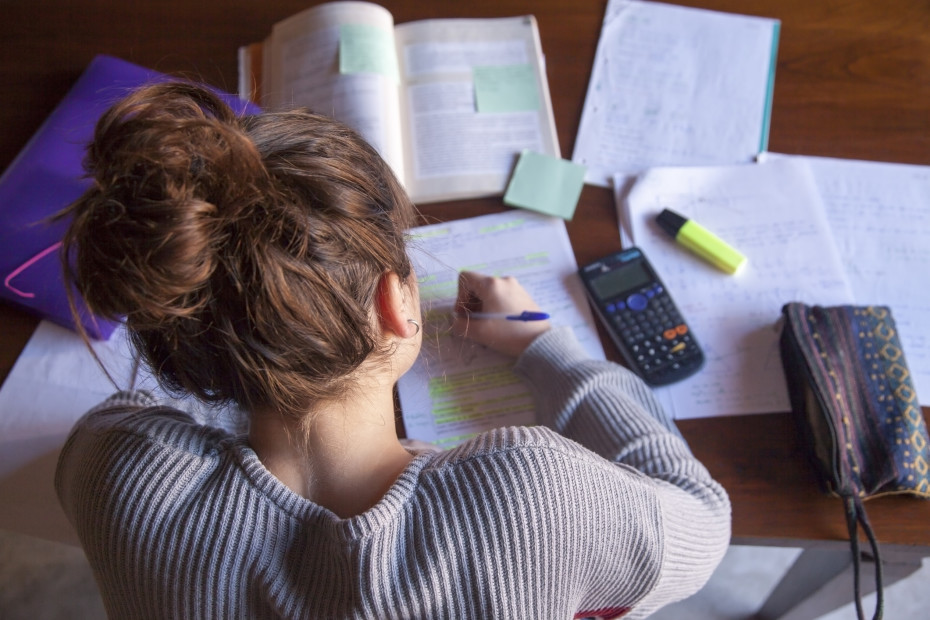One of the best ways to learn is to use effective study strategies. You should be organized and focused, and you should also take notes and ask questions. This will help you learn the material and be able to retain it better.
Get organized
A good study plan can go a long way toward helping you accomplish your goals. Whether you are studying for a test, doing research, or preparing for an upcoming presentation, you should follow a schedule and a systematic approach to make sure you are getting the most out of your time. Getting organized can be the difference between a successful semester and an unproductive one. Writers from UKAssignmentGeek want to share their methods to create the best academic papers.
One of the most important study tips is to make a list of everything you need to do and then break that down into a manageable amount of steps. Creating a system like this will help you to stay on top of your daily to-dos, while also keeping you from forgetting important dates or straying too far from your planned course of action.
Another smart idea is to use a timer to count down the minutes until you need to start working. This will help you focus on the tasks at hand without having to worry about interruptions.
Lastly, consider using a scrap of paper to serve as a study reminder. You can use it to mark your calendar, jot down important dates, or write down notes. These may be the most mundane things, but they will save you from having to do them over and over again.
Take notes

One of the most effective study strategies is taking notes. It helps you to remember key concepts and information during a lecture. There are many ways to take notes, and each has its own advantages and disadvantages. By following a few tips, you can learn to take more detailed notes.
First, keep in mind that note-taking isn’t just about writing down every single word of a lecture. If you are unable to remember a particular fact or concept, paraphrasing it can help.
Next, write down questions that you’d like to ask your professor about the material. These questions will help you to better understand the lecture and your instructor. Also, you can ask your tutor or a friend to review your notes with you. You may even be able to pick up on things that you missed.
If you’re taking notes on a difficult topic, it might be a good idea to use a diagram or drawing. This will help you to visualize the relationships between different ideas.
Don’t skip classes

If you are a student, it is important to not skip classes when studying. You don’t want to miss important information, which can affect your grades. When you miss a class, you might be missing the opportunity to study, copy your notes, or take a quiz.
If you are trying to make up for a missed class, you may be tempted to just take a day off, but you can’t afford to miss too many classes. Missing more than two classes will lower your grade. Even if you’re not feeling too good, it is important to keep your head up and keep in touch with your classmates.
You should also be sure that your instructor understands your reason for missing a class. Many professors will have a good idea of why you’re missing class, and might even give you extra assistance.
Another reason to avoid skipping class is that it is a bad habit. This is especially true if you are in college, where there is a strong emphasis on attendance. Unless you are really sick or have a family emergency, don’t leave your class.
The most important part of any lecture is the teacher’s emphasis. A class full of students who miss class will likely have a difficult time understanding what you’re saying.
Also, it’s good to work in class. Ask questions! Questions can widen understanding of the material and review important concepts. A well-crafted question will also lead to deeper, more meaningful discussions and help the whole class.
Set up study space

If you want to increase your productivity, set up a study space that’s conducive to studying. You may want to create a special room, or set up a simple area in your house. This will help you avoid distractions. Having a dedicated study space will also remind you to focus on your studies.
While many people believe that a home study space is ideal, you can have a great studying experience anywhere. Library or coworking can be an option too.
Aside from a decent amount of physical space, you’ll need the following items: a desk, a chair, a light source, and good lighting in general. The right lighting can make you feel more awake and less distracted.
You might want to purchase a second monitor to display multiple documents at once. Make sure you have a good internet signal to keep you connected to the rest of the world. Also, make sure you have enough power.
To keep yourself organized, try a large calendar. This will allow you to stay on task and remember important dates and assignments.
Test yourself

Self-testing is a study strategy that can boost your performance on tests. It increases your sense of ownership and gives you the confidence to take on tougher challenges. Testing your knowledge can also improve retrieval practice and deep processing. When you test yourself, you’ll learn more about your abilities and how to fix them.
Students can self-test by using flashcards, fill-in-the-blank questions or other methods. The best way to test yourself is to take the time to write down what you remember. Doing so will increase your memory retention and help you recall the material better in the future.
Students with textbooks should take the time to answer practice questions and review the material as much as they can. This will not only make you familiar with the material, but it will prepare you for the actual test. However, when answering questions, be sure to read the questions carefully before you answer them. Make notes if you have any doubts about the answers. After you’ve written down your answer, look it up to verify whether it’s correct.
The most effective study strategies require consistent, ongoing review. These include taking breaks and practicing writing. Additionally, it’s important to be patient and avoid studying too close to the test.
